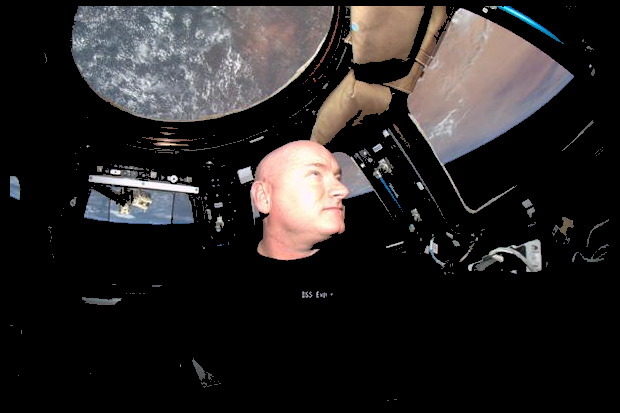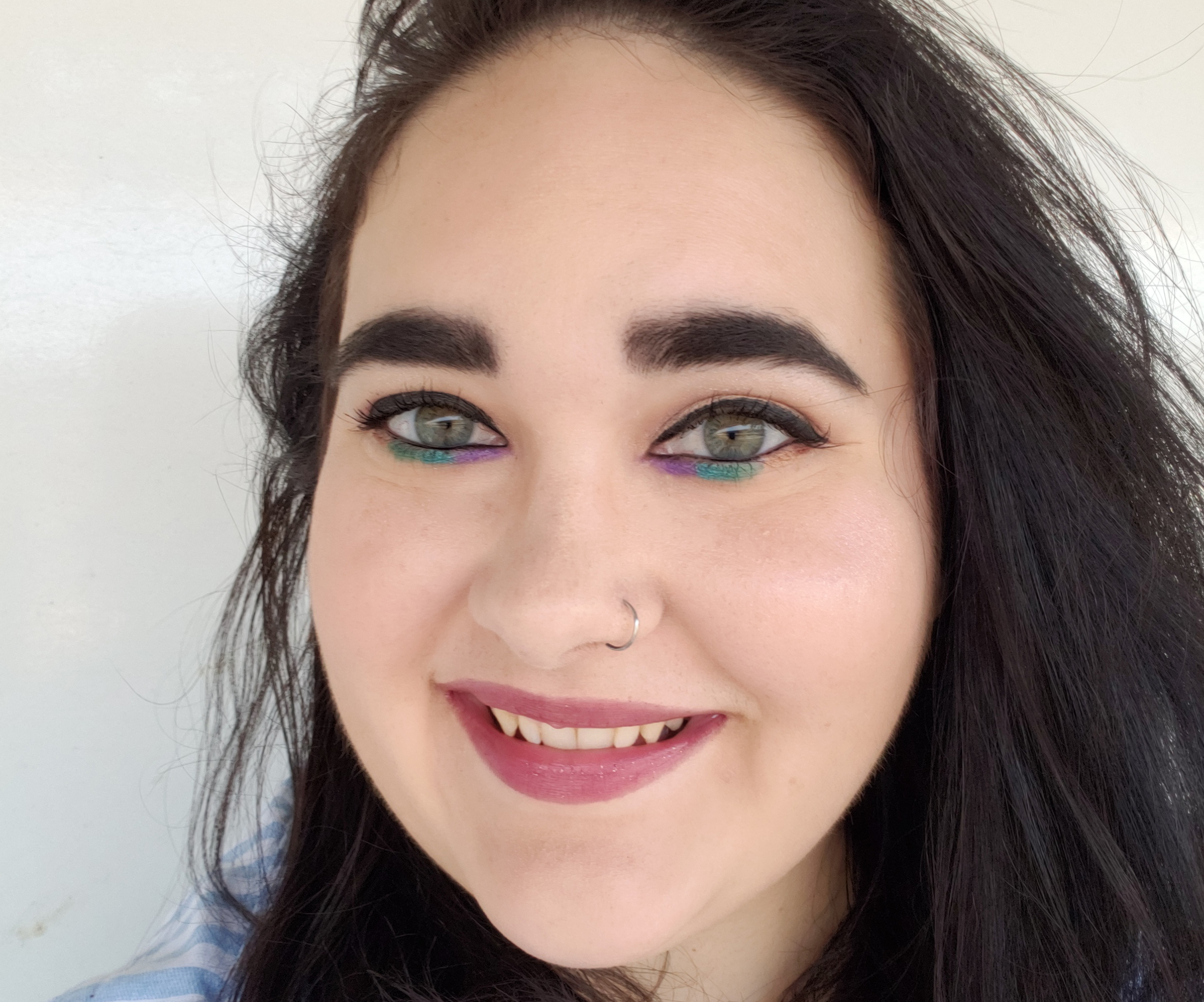On Twitter, Astronaut Scott Kelly Chronicles His Yearlong Space Voyage

Scott Kelly just started the second half of the longest consecutive space mission a NASA astronaut has ever completed. To celebrate, he took to Twitter to answer questions from curious space enthusiasts on Earth.
"Entering the unknown on the 2nd half of my #YearInSpace," he wrote in a tweet on Thursday (Sept. 17). "Got Qs for me? Let's chat!"
Kelly and Russian cosmonaut Mikhail Kornienko launched on a Russian Soyuz spacecraft from Baikonur Cosmodrome in Kazakhstan on Friday, March 27. Kelly's year in space marks the longest time an American has spent in orbit. (Several Russian cosmonauts spent more than a year in space in the 1980s and 1990s.) On Monday, Sept. 14, Kelly and Kornienko had spent 171 days in space — halfway through their mission, which is actually a little shy of a full year, at 342 days. [Most Extreme Human Spaceflight Records of All Time]
Kelly began answering questions at 1:45 p.m. EST (1745 GMT) on Saturday (Sept. 19). For the most part, questions revolved around an astronaut's typical day aboard the International Space Station.
@Mc_Steezy asked, "How many backflips can you do in a row in space?"
@CodyMJohns asked, "What's the hardest thing to do in space we take for granted with gravity or on Earth?"
The questioners also asked Kelly what his mission means for the future of space exploration and NASA's plans for a mission to Mars. We've rounded up a few of our favorites:
Breaking space news, the latest updates on rocket launches, skywatching events and more!
Water in space
Water was a common theme during Kelly's tweet chat, with questions particularly focused on personal hygiene. Since water is heavy and rockets launched to space have to be as light as possible, most water that astronauts use for drinking, bathing and making food is recycled. http://www.space.com/20867-astronauts-drink-urine-and-other-waste-water-video.html
Staying strong
Floating in microgravity for a year might seem fun, but it has its downsides. Even six months in space can lead to muscle and bone loss, because a body that doesn't have to fight against gravitational forces weakens from underuse. A question about exercise aboard the ISS reveals more about how astronauts stay fit.
The big blue marble
Scott Kelly has dedicated his life to furthering space exploration. By the end of this mission, he will have spent a total of about a year and a half in orbit. But questions about Kelly's experience aboard the ISS reveal that he actually prefers it when his feet are planted on the ground.
@JakeNonnemaker asked, "Would you go to Mars if given the opportunity?"
@kyleiop asked, "Which one do you like? Living in Earth or in space?"
@GretelRot asked, "In what way did a #YearInSpace change your perception of life/time/anything else, or what DID change for you?"
Sweet dreams
In addition to how they keep themselves clean, astronauts' sleeping habits were of key interest to questioners.
@Rijul_Reji asked, "What kinda dreams do you see these days?"
Journey to Mars
NASA scientists hope Kelly's time in space will tell them about the physical and changes a person experiences in microgravity. He is undergoing a series of experiments testing things like how shifts in bodily fluids can increase brain pressure and change the shape of astronauts' eyes, and how space radiation affects the body. But Kelly won't be the only one monitored: Many of the experiments will also be conducted on his identical twin brother, Mark Kelly, a retired NASA astronaut on the ground. Understanding how space affects a human body will help NASA prepare for future missions to Mars. [The Human Body in Space: 6 Weird Facts]
@jccozzi asked, "After half a year in space, do u think humans are mentally well-suited to be able to travel 2 Mars? Would we miss 2 much?"
@GrahamTeacher asked, "What advice would you give to the next person spending a year in space?"
@katie11074 asked, "How do you get the food that you eat?"
Follow Kasandra Brabaw on Twitter @KassieBrabaw. Follow us @Spacedotcom, Facebook and Google+. Original article on Space.com.

Kasandra Brabaw is a freelance science writer who covers space, health, and psychology. She's been writing for Space.com since 2014, covering NASA events, sci-fi entertainment, and space news. In addition to Space.com, Kasandra has written for Prevention, Women's Health, SELF, and other health publications. She has also worked with academics to edit books written for popular audiences.
